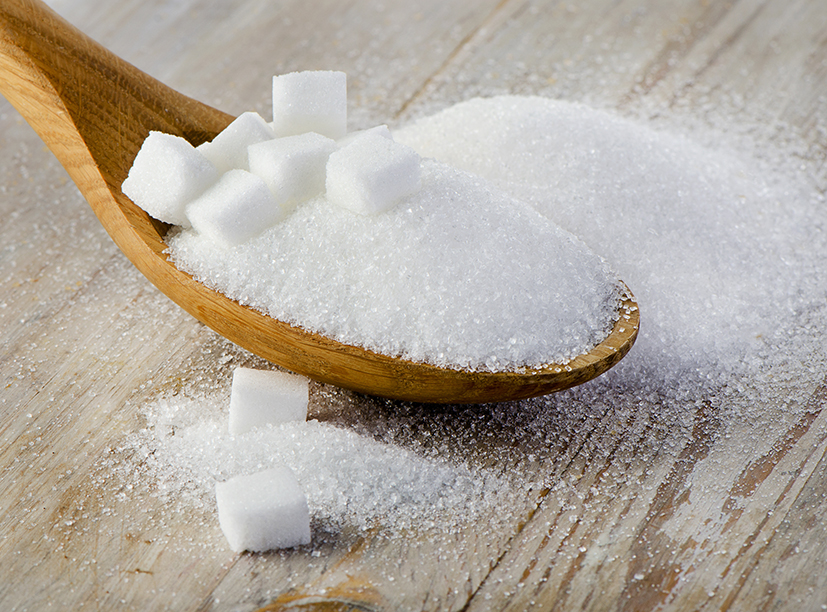The Department of Health and Social Care has set an 18-month deadline for baby food manufacturers to reduce sugar and salt levels in their products. New guidelines clarify acceptable nutrient levels and labelling standards, aiming to support healthier infant diets and more transparent information for caregivers.
Under the guidelines, baby desserts and breakfasts, including rice pudding, custard, and fruity porridge, must contain less than 10g of total sugar per 100g. Baby meals are limited to 60mg of salt per 100 calories, or 100mg per 100 calories if cheese is included. Sweeteners remain prohibited in commercial baby food.
The updated rules also target misleading labelling and marketing. Products marketed as snacks for infants under 12 months, or claims suggesting a product is healthier than it is, are now subject to scrutiny. The changes are intended to align commercial products with official feeding guidance, which advises that infants between six and 12 months require milk between meals rather than snacks.
Data from the National Diet and Nutrition Survey shows over two thirds of children aged 18 months to three years consume excess sugar. More than 20% of children aged four to five are overweight or obese in England. Childhood obesity rates have doubled since the 1990s, with implications for long-term health and an annual NHS cost of £11.4 billion.


